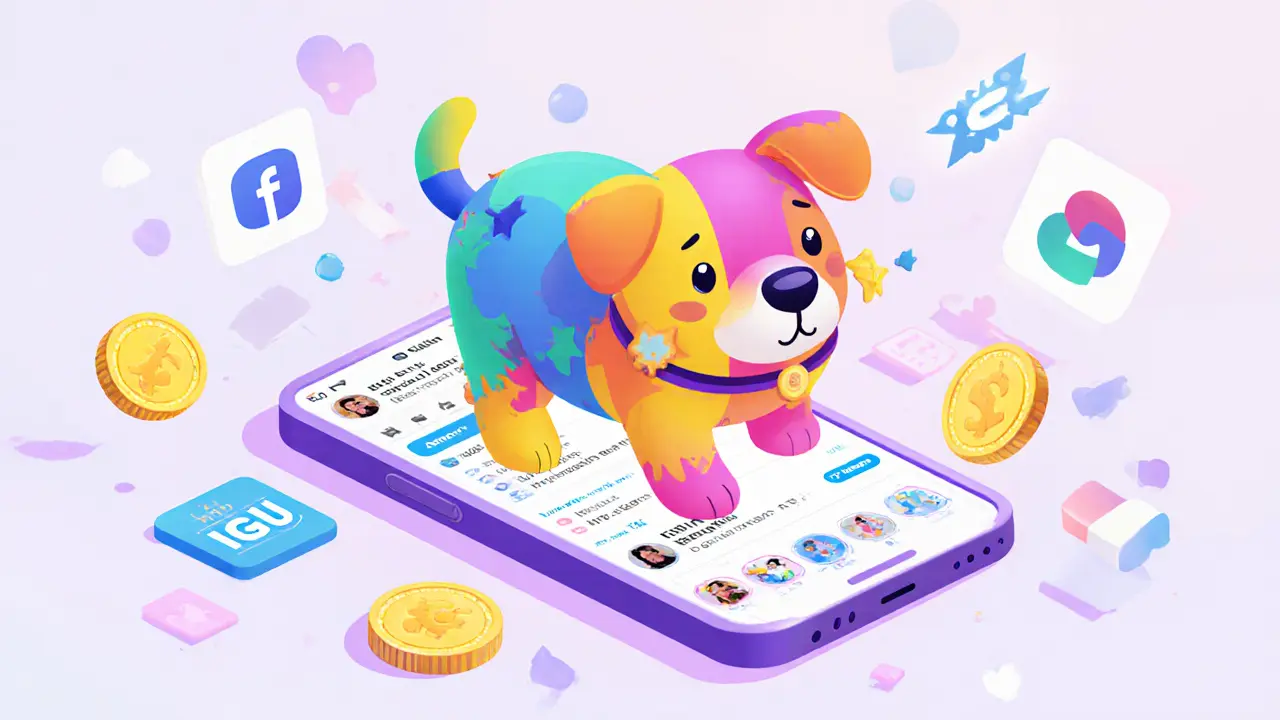GameFi Airdrop: How Play-to-Earn Tokens Are Really Distributed
When you hear GameFi airdrop, a free token distribution tied to a blockchain-based game. Also known as play-to-earn airdrop, it’s meant to reward early players, testers, or community members with tokens that can be traded or used inside the game. But most GameFi airdrops don’t lead to real value. Some are just marketing tricks—giving away tokens no one wants, to a community that never shows up.
Real GameFi airdrops happen when the game has actual players, not just hype. Look at PancakeSwap V3 (Base), a decentralized exchange that rewards liquidity providers with tokens—it’s not a game, but the same logic applies: value comes from usage, not promises. Same with MCASH, a token earned by using a privacy bridge across blockchains. People didn’t get it for signing up—they got it for doing something useful. That’s the difference.
Most GameFi airdrops fail because they skip the game part. They hand out tokens to people who never play, then wonder why the token crashes. The ones that last? They tie tokens to real in-game actions—winning matches, completing quests, staking NFTs, or helping test new features. Think of it like a loyalty program, but on blockchain. If you’re not actually playing, you’re not earning. And if the game has zero players, the airdrop is just a ghost.
Scammers know this. That’s why you see fake THN airdrop, a token falsely promoted as a free reward from Throne—no official project, no real distribution. Same with SMAK X CoinMarketCap, a 2021 airdrop that gave away $20,000 in tokens to a platform that never took off. The tokens are worthless because the product never worked.
So how do you find the real ones? Skip the Twitter bots. Check the game’s website. Look for active Discord communities with real gameplay videos. See if the token contract is verified on BSC or Ethereum. And ask: does this game have players, or just airdrop hunters? If the answer is the latter, walk away.
The GameFi airdrop trend won’t die—but the bad ones will. The ones that survive are built on play, not promises. Below, you’ll find real reviews of projects that tried—and sometimes succeeded—at turning gameplay into value. Some worked. Most didn’t. Learn from both.
IGU AI-Enhanced NFT Airdrop: How IguVerse Distributed $121K in Tokens and Built a New Kind of NFT Game
The IGU airdrop by IguVerse distributed $121K in tokens to 16,852 participants in late 2023, launching an AI-powered NFT pet game that turned social media activity into unique digital collectibles. Unlike static NFTs, each pet evolved based on user actions, blending Walk-to-Earn, Socialize-to-Earn, and Play-to-Earn mechanics into one mobile app.
Details +